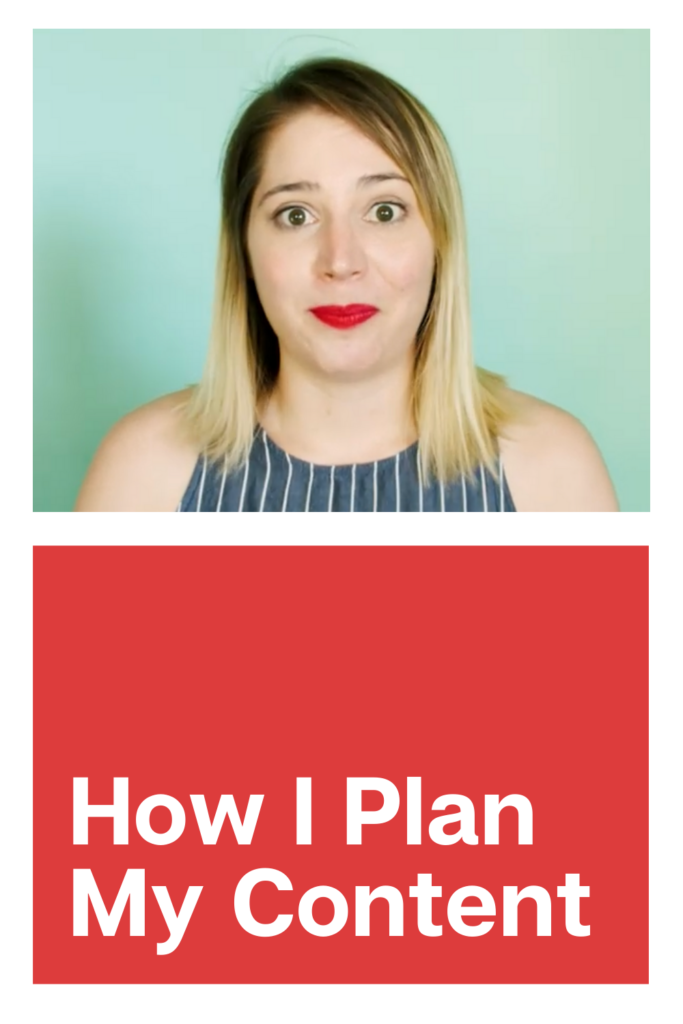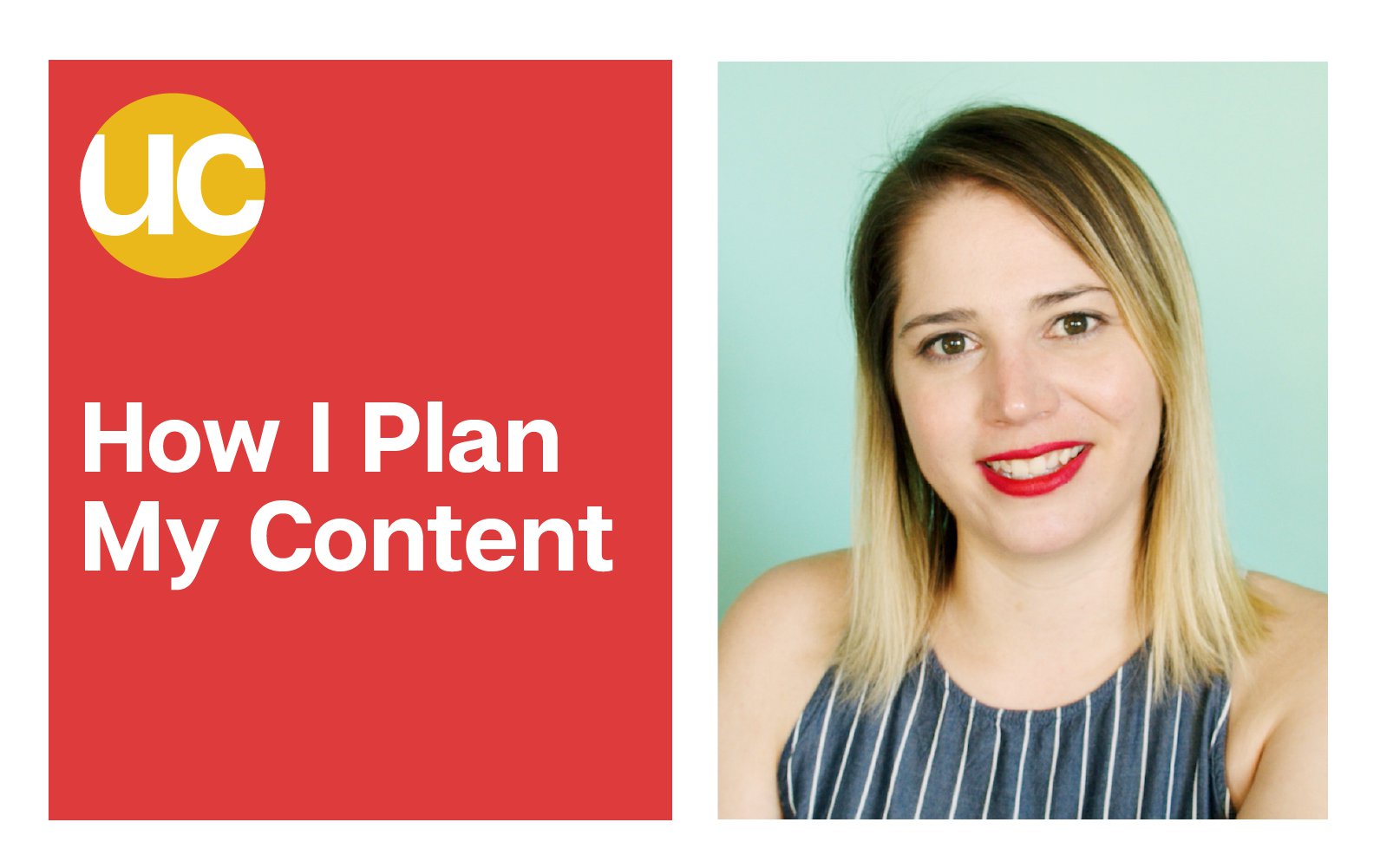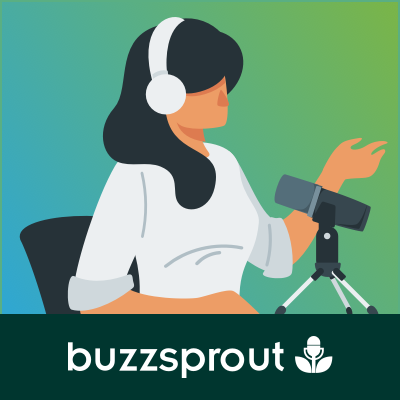No clue where to start or how to plan content? In this episode I give you my entire framework for content production. Yeah! The entire thing!
Goals & Strategy
You know me, everything starts with a goal. Right now my goal is to relaunch Podcast Rocket in the first week of September, and get 100 registrations for my course. So my content is going to be extremely focused on sharing valuable information for anyone who is considering starting a podcast right now.
When planning your content, consider the campaigns and activities you’ll be running throughout the year and do your best to tie your content closely to those activities strategically. It’s fine to include some topics that are timely or that are maybe more off the cuff and less relevant, but the more time you spend thinking about what your audience is actually going to want, the easier it will be for you connect with them in a meaningful way.
Also consider that planning your content in advance (i.e. quarterly instead of monthly, or even weekly! eek!) will allow you to produce polished content consistently. There’s nothing worse than editing your podcasts and videos the night before they’re supposed to come out. Trust me, I know this one all too well.
Spreadsheets
You can create your spreadsheet annually, quarterly, monthly or weekly. I like to plan quarterly so that I can take a more strategic approach to everything I produce so that it all points to one goal in a shorter amount of time.
Plus, if you’ve ever read “The 12 Week Year” you’ll know that it’s more realistic to plan quarterly than annually, because it’s easier to wrap your head around a 3 month timeframe.
- Across the top, list date, topic, campaign, promo and supplementary materials
- Pick a weekly release day for your podcast/blog/videos and add those dates in (i.e. Tuesdays = Podcasts, Thursdays = Videos)
- List any upcoming activities/events/important dates
- List any promos you need to write/record to direct people to an appropriate call to action
Topics
Now that you have your strategy laid out and your spreadsheet framework built, you can start listing topics that will support your strategy. Use my mini-course “How To Start A Podcast” to generate a list of topics in 30 minutes. You can use this for any type of content, blogs, videos, podcasts, heck – even IG Lives!
If possible, incorporate guests or interviews into your topics. Think of ways that guests can support your strategy either by showing a transformation (i.e. a Podcast Rocket beta student demonstrating the journey of how they launched their podcast) or by speaking directly to a topic your audience will be interested in as it relates to your goals (i.e. discussing product startup considerations for brand new companies to generate interest in your product business course). Remember that you’re creating value for your audience that builds trust between you and them so that when it comes time for them to click “buy”, they’re already sold!
Include some supplementary materials i.e. “52 week content planner” or “guest pitch template”. These freebies can also give your potential clients and customers a very good sense of what it would be like to work with you, AND obviously are also great list building strategies! Remember to set up some simple email funnels to keep them engaged after signing up!
Staying Organized and Consistent
Once my content is roughly laid out in my spreadsheet, I will add it to a tool called StoryChief (which I am using right now to type out this blog) using the content calendar. This way, I can see at a glance whether I need to add/remove or adjust my content schedule to fit different timelines.
StoryChief will actually publish my content across multiple platforms and take care of all of my backlinks and SEO considerations which I love, PLUS, it also publishes directly to various social media accounts (hooray finally Instagram!) and it gives me TONS of analytics.
Since I’m able to see everything at a glance in StoryChief, it’s easy to catch whether or not I’ve skipped a day by accident, or if I need to build in more types of content to support my goals. I can also see how far in advance I need to book my interviews! Which brings me to…
Production Schedule
Make it! Keep it! Stick with it!
I always bulk write/record/edit my blogs/podcasts/videos because it’s just SO much easier to stay in that headspace for one day a month than it is to try to be excited about it multiple times a week. That works for me, you might prefer to record weekly instead! But keep that schedule consistent so that you’re not stuck without content at the last minute. It’s a slippery slope to skip a week here or there!
Of course there will always be times that content doesn’t come out as planned, there are always external forces that will compromise our best laid plans. However, if you’re serious about putting consistent content out into the world, attracting your favourite ideal clients to you, and becoming more well-known as an industry expert, sticking with your production schedule will make it that much easier to accomplish your goals.




